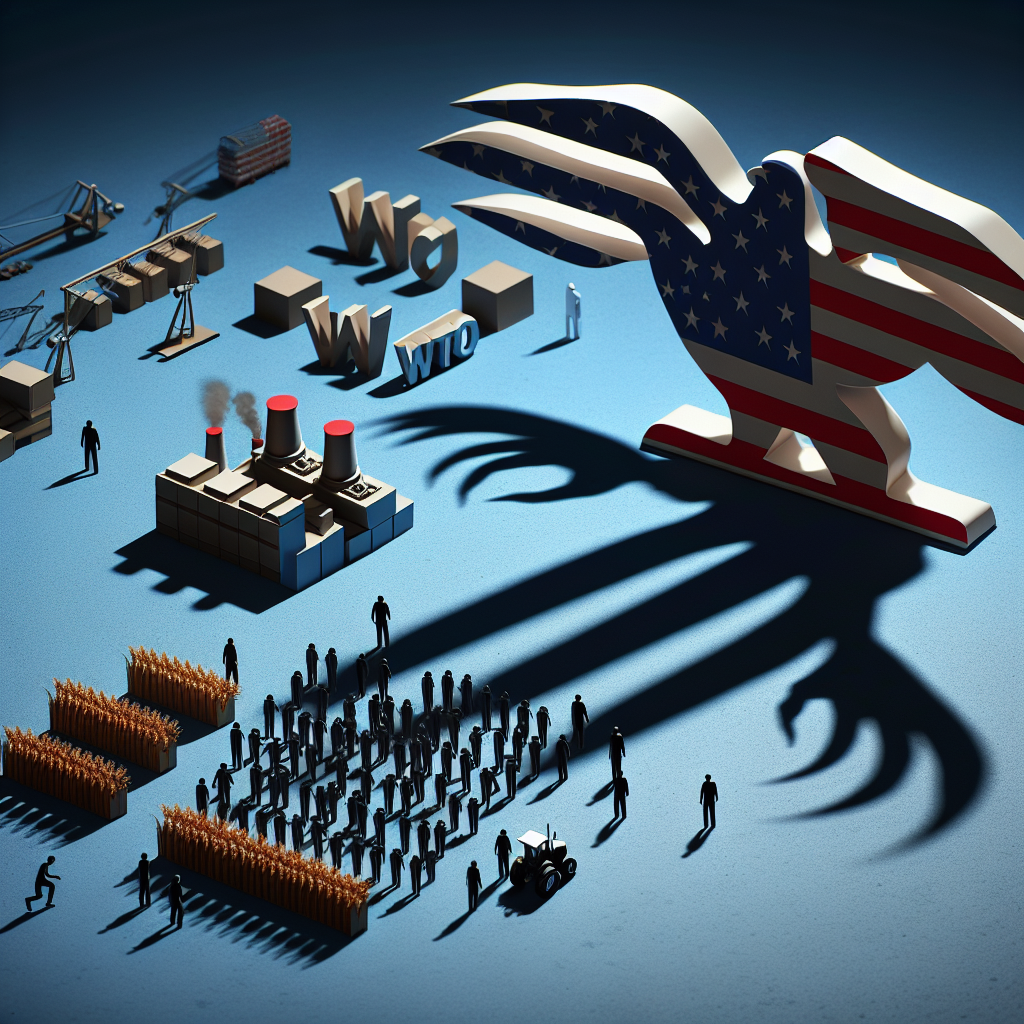China Warns WTO: US Tariffs Pose Major Threat to Developing Nations
China Warns WTO: US Tariffs Pose Major Threat to Developing Nations
Introduction
China has issued a stark warning to the World Trade Organization (WTO) regarding the potential adverse effects of US tariffs on developing countries. This development highlights the growing tensions in international trade and the potential repercussions for global economic stability.
Key Concerns Raised by China
- Impact on Global Trade: China argues that US tariffs disrupt the global trade system, creating uncertainty and instability.
- Threat to Developing Nations: The tariffs are seen as particularly harmful to developing countries, which rely heavily on exports to the US market.
- Violation of WTO Principles: China contends that the tariffs undermine the principles of free and fair trade as established by the WTO.
China’s Call to Action
China is urging the WTO to take decisive action to address these concerns. The country emphasizes the need for:
- Reaffirmation of Multilateralism: Strengthening the multilateral trading system to ensure fair competition.
- Protection of Developing Economies: Implementing measures to safeguard the interests of developing nations.
- Dialogue and Cooperation: Encouraging dialogue between member countries to resolve trade disputes amicably.
Potential Global Implications
The warning from China underscores the potential for escalating trade tensions to impact global economic growth. Key implications include:
- Economic Slowdown: Prolonged trade disputes could lead to a slowdown in global economic activity.
- Supply Chain Disruptions: Tariffs may cause disruptions in global supply chains, affecting businesses worldwide.
- Increased Protectionism: Other countries might adopt protectionist measures in response, further complicating international trade relations.
Conclusion
China’s warning to the WTO about US tariffs highlights significant concerns for developing nations and the global economy. The call for action emphasizes the importance of multilateral cooperation and dialogue to address these challenges. As trade tensions continue to simmer, the need for a balanced and fair approach to international trade becomes increasingly critical.






































